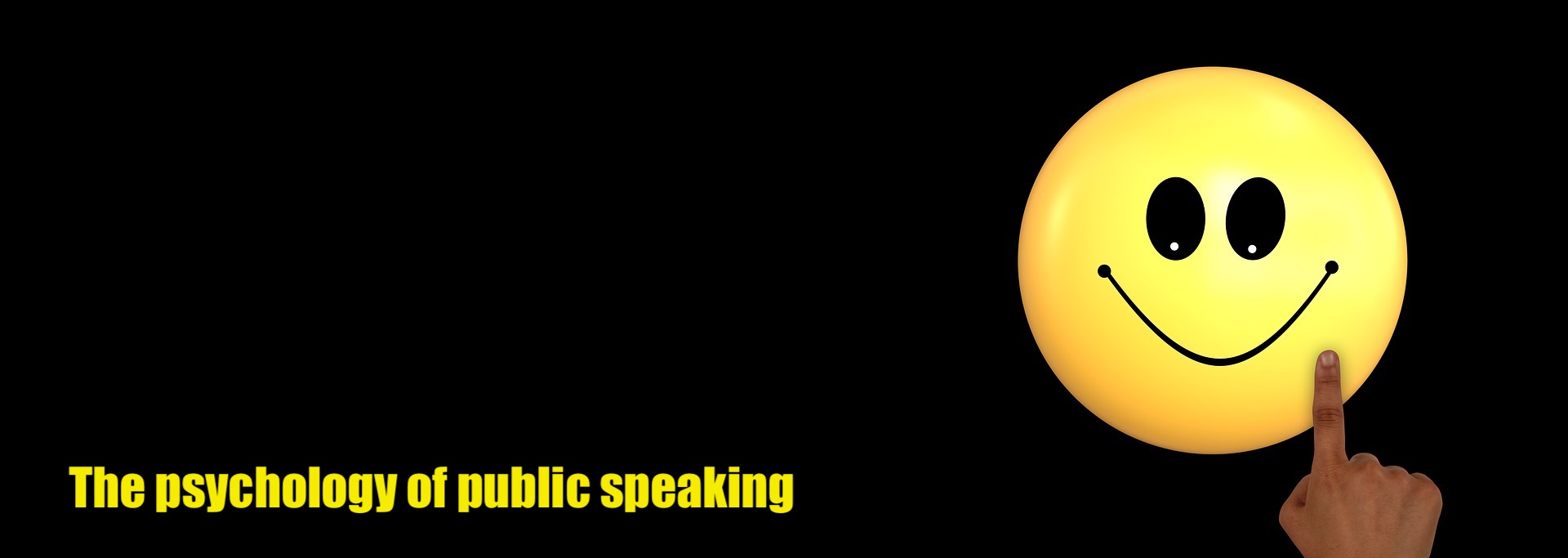
As a speaker it is your job to influence people. You want them to see a different point fo view, to take action, to change their lives. What tools do you use?
The first thing that usually comes to mind is to paint a beautiful vision of where they can end up if they take action. But a more powerful tool is to play into the general human tendency of loss aversion.
Say, you want to convince your audience to write a book. How would you go about?
Would you stress the advantages of writing a book?
Or would you focus on the disadvantages of NOT writing a book?
Take a moment to think about it.
Although you might be inclined to take the positive approach, stressing what they would lose out on if they don’t take action might actually convince more people.
Why?
Loss aversion.
![]()
In our brains the downside is bigger than the upside. In our evolutionary past this was even stronger than it is today. These were times when one stupid mistake could lead to instant death. Careless people didn’t make it into the gene pool. The people who did, the careful, who didn’t take big risks, are our ancestors.
Empiric proof shows that a loss has an emotional impact that is twice as strong as a win. Loss aversion may lead to illogical decisions, but it leads to decision quickly.
So if you want to convince your audience, don’t argue about the potential benefits, mention the potential aversion of a loss.
Knowing the power of loss aversion it is extremely simple to add this tool to your presentations. It suffices to turn the benefits upside down.
Say, you want your audience to consider buying solar panels. Instead of telling them how much money they will save on the investment, you are much more convincing if you tell them that they can avoid losing that money if they don’t invest in solar.
So start convincing your audience by making use of their loss aversion.
It will make you a more impactful speaker. Or let me put that differently. You will never reach your potential as a speaker if you don’t use this technique.
_____
pics by geralt, pixel2013 / pixabay

